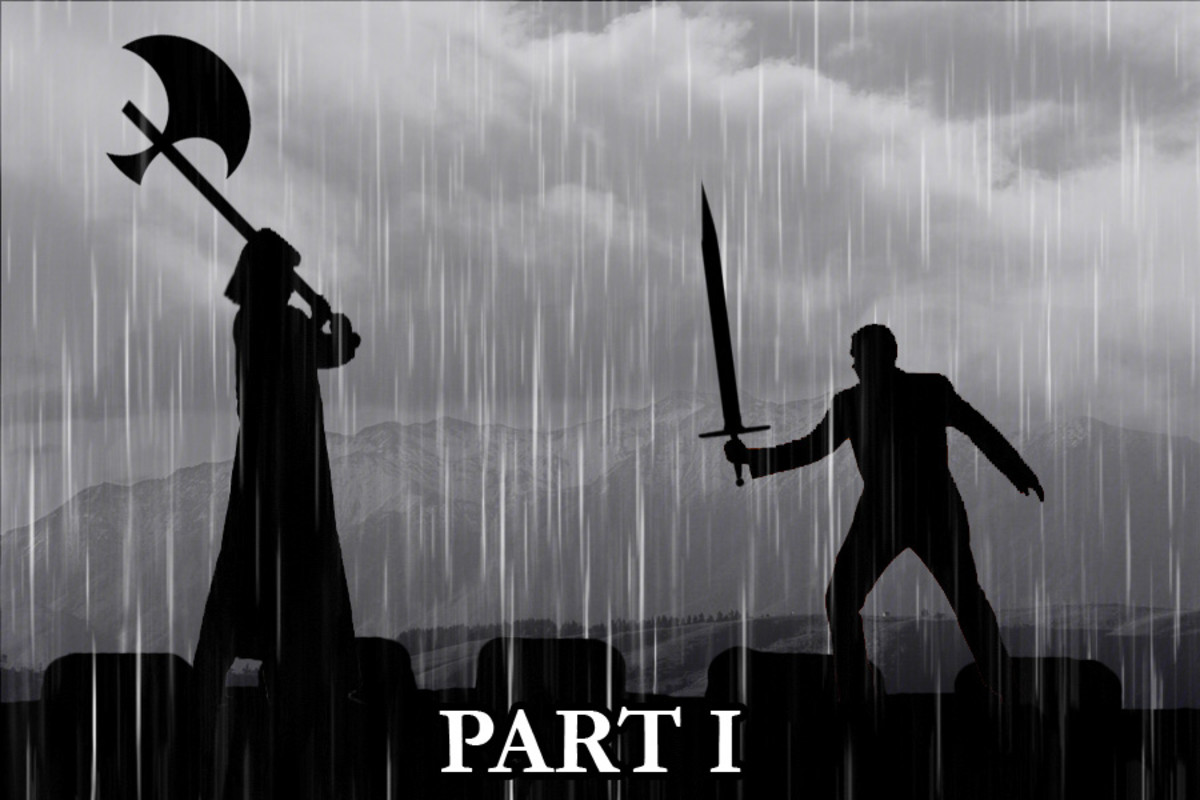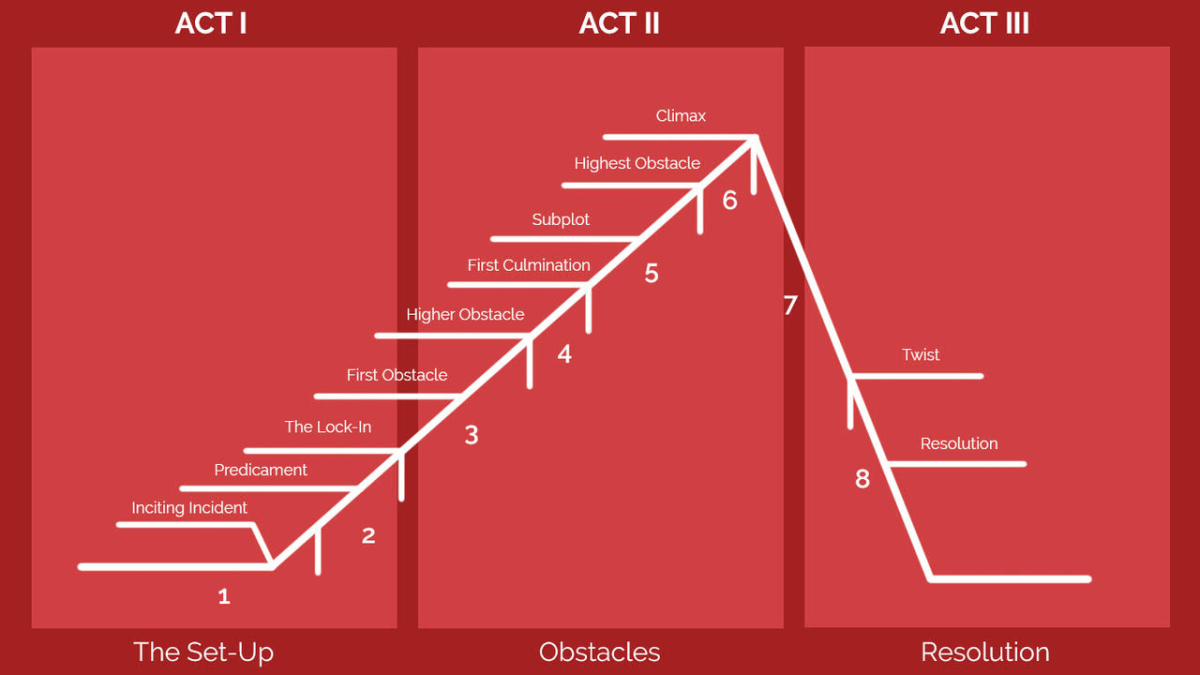How to Make Strong Character Names

I’m sure most writers are familiar with the sometimes laughable names of characters we’ve introduced in early drafts. Even the best pre-planning can be derailed by a new character who waltzes in with the name Bob Somebody or Joe (insert name later). Sometimes they’re just placeholders, and sometimes we give them a real name off the top of our head. But, the worst thing we could do is let that placeholder name stick. I say this from experience since I used my own name for a character and left it in long enough to make me look conceited to prospective agents. Don’t do what I did: take some time to sit down with a blank notebook and brainstorm names. Sometimes you can pull a better one out of the air, and sometimes you’ll need dictionaries and baby name books. But the important thing is to give the name the time it needs to develop. Don’t let it be an afterthought, because the rest of your book surely isn’t.

The First Name
But, what is it that makes a name strong? There might be a formula out there somewhere, but the best standard is how memorable it is. A name like Harry Potter or James Bond is easy to pronounce and easy to remember. That doesn’t mean it has to be short, but to some extent it should roll off the tongue. If your reader can’t pronounce it, or it sounds awkward, then they will be considerably less likely to remember it. For this reason, I think it’s a smart practice to start with a ‘normal’ name. Harry, James, Alex and Robert are all normal names that the general population is familiar with. It takes no suspension of disbelief, no pronunciation guide, and no backstory for the reader to instantly adapt to this name. A name should have some element of back story, but the reader doesn’t need it to move forward.
But, what if you’re writing genre fiction and a ‘normal’ name doesn’t make sense in the world you’ve created? In this instance, simplicity is key. You’re already asking your reader to learn about a whole new world, don’t make them struggle on the name, if you can help it. For example, you’ve probably never met someone named Frodo, but when you see it written, it’s short and easy to pronounce. By using the existing anatomy of a name, you can make something that recreates that familiarity even though it’s totally made up. In contrast to naming your character “Djkrixx” and having to explain to them that it’s pronounced “Drake”. Think of some of your favorite fantasy characters and ask how hard it was to remember/pronounce their names. Authors get away with it all the time, but could the name of your character be stronger? Ideally, it should never be a hindrance to the story.
My Novel

The Last Name
With a last name you have a lot more freedom. Since it’s not something the character will be referred to on a regular basis, you can reach further into the depths of allegory and psychoanalysis, or just what sounds cool. Personally I find myself returning to mythology over and over again. Using star charts, books on mythology or even folk tales, one can find a unique name like Alioth or Corvus (both of which I’ve used). Granted, mythological names fit better with genre fiction, but the same applies to just about any source material. For example, I’ve noticed that location names, like streets and counties, work well as last names for thrillers and mysteries. Tim Buchanan or Jill Muskegon just sound like detective names. Not that you have to adhere to genre staples; these can be mixed and matched to fit your character and the story in which they’re placed. Because another rich source of names comes from famous people. Whether it’s an author, actor, activist or politician, there is a wealth of good names out there just dripping with hidden meanings. My only advice with famous people is that you try, to some extent, to avoid modern celebrities. The reason being that if the person is still in the public eye, you might not be able to distance your character from them, which will distract from the story you wanted to tell. So don’t be afraid to dive deep into history.
If you’re making up a last name for a fantasy novel, then I would recommend following the old practice of surnames after their parents (Bran’s son = Branson) and/or profession (Lumberjack = Woodcutter). It’s not a requirement but it really helps when you have to come up with a bunch of names that still sound like they belong in a fantasy novel. Much like with the first name, if you slap the reader with something long and unpronounceable, it just hinders the flow of the narrative.

Brainstorming
Despite the wealth of source names, I completely understand how quickly they fall out of your head when you’re staring at a blank page. It helps to write down every stupid name that comes to mind, because at least then they aren’t blocking better ideas, but you may also have to rethink your approach. Make a list of that character’s traits or defining characteristics, then browse those terms in a thesaurus. Often times a new word will jump out at you that could be altered a little to make the perfect name. Similarly, those terms can be plugged into some name websites to find names that have that exact meaning (I will post a few below). Again, the idea is that you have to really sit down and take the time. I know that, when we aren’t writing, it can often feel like we’re stagnating, but a strong name can be one of your book’s best assets and advertisements. And, if after a session of brainstorming, you have nothing good, leave it and come back the next day. Fresh eyes are invaluable to the writing process. Just keep plugging away because when the right name jumps out at you, you’ll know it.
Resources
Behind the name is my personal go-to website for new names. With a database that includes multiple different languages and mythologies, it’s a great place to find cool-sounding names for genre fiction.
Baby names is a great option if you’re dealing primarily with modern and common names. Names you might never have thought of on your own, or never knew the definition of. Writers have burned a lot of time browsing through their large listings.
As I said above, sometimes it helps to pick a character trait and look it up in a dictionary/thesaurus. Many names are made by altering a word that isn’t a name. So it pays to get to know your dictionary.
Writing a Novel: An Ultimate Resource Guide
If you need more help with writing your story, you can reference my ultimate guide for writing a novel, which includes more tips for character creation, editing, and publishing, among other valuable guides.
Writing a Fantasy Novel: An Ultimate Resource Guide
And, since I write fantasy, I created a similar resource guide that includes things like creature, world, and myth building.






